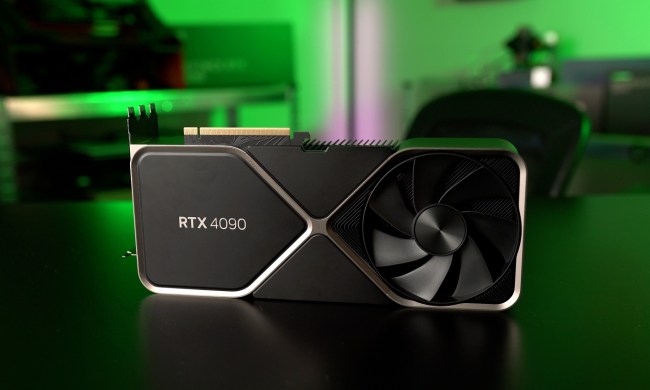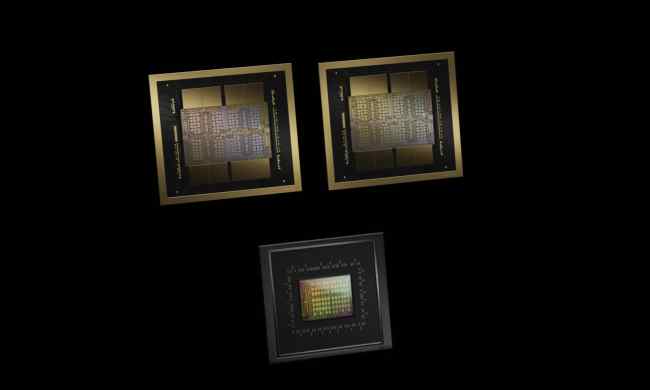
Hitachi and Phoenix Technologies have announced a partnership to offer Phoenix FailSafe on notebook computers equipped with 2.5-inch Hitachi hard disk drives. FailSafe is intended as a safety net in the event a notebook (and its hard drive) are lost or stolen: users will be able to remotely track their disk and, if necessary, disable or cryptographically erase their hard drive, keeping their data safe.
The FailSafe agent can be installed on an encrypted Hitachi hard drive at the factory; if the agent is removed by a thief, the authorized owner will be abe to remotely re-install the FailSafe agent and, if necessary, perform a cryptographic “erasure” of the drive by deleting the 128-bit encryption key, effectively rendering the drive unreadable because the drive controller’s system-on-a-chip will no longer be able to decrypt the drive’s contents.
“All of our 2007 and 2008 models of 2.5-inch mobile hard drives can be enabled at the factory to utilize powerful AES-128 encryption engine,” said Hitachi Global Storage Technologies’ director of product planning Masaru Masuda, in a statement. “By incorporating Phoenix FailSafe technology with our mobile hard drives, OEMs can deliver advanced security to prevent data loss and theft. The ability to remotely and securely erase or disable disk drives on mobile PCs offers the next-generation protection our customers need to stand apart from competitors.”
FailSafe is probably most interesting to enterprises and organizations trying to manage fleets of notebook computers, but a few consumers—especially heavy travelers—might be interested in the technology as well.


